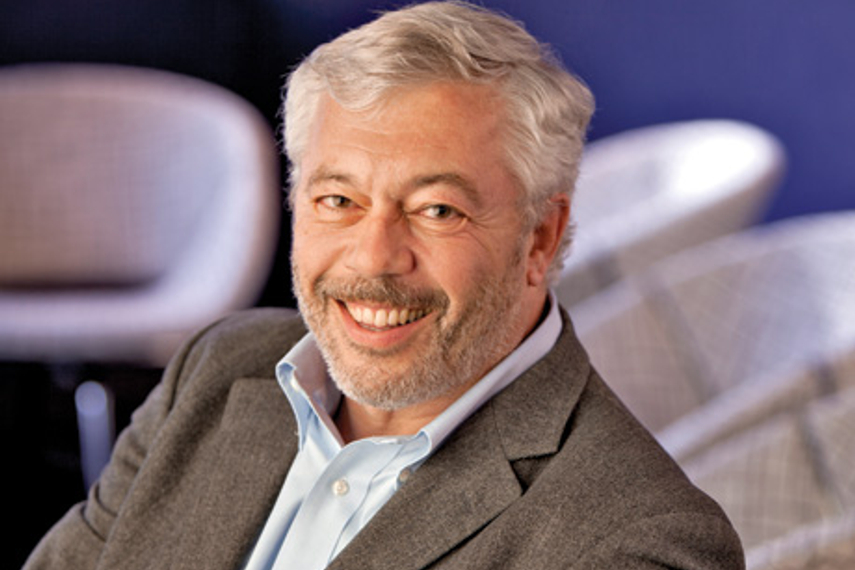
How is the business split across the world currently for MSLGroupe? And where are the opportunities?
Roughly, we have about 30 per cent of our business in North America (US and Canada). Thirty per cent from across Europe, about 30 percent in Asia now, and the rest in different parts of the world, including Latin America, where we are investing.
We bought a second company in Brazil, a very creative and digital company. And we probably need to have more companies in Latin America, for instance in Mexico, which is the second largest market there.
And there is still a big question mark, which is Africa. Africa is an interesting continent because it may be the one which is going to show the best growth in the next few years. Even recently, in the last two or three years, may be people have not noticed but it has grown by 4 or 5 per cent. People forecast that the global population is going to increase from seven billion to nine billion. And out of the two extra billion, one billion will be in Africa. This means the population in Africa is going to double.
So it’s a continent of opportunities. But, we are not yet very well present there. The market is still very, very young in terms of communication. And it’s not easy to find people, who at the same time know the local culture and the world and have the same work practices that you would like to have. But a lot of clients are telling us they would love us to help them in Africa.
Of course, in Asia there are still countries we could grow in like Indonesia, Thailand or Vietnam. We have done a lot and our footprint is now almost global, but there are still markets, interesting and fast growing markets we need to look at.
And how big is digital?
We struggle to separate digital from the rest; that was not the case two years ago, but today there is almost no work we do for a client that doesn’t have a digital component. But if you want an estimate, I would say that the digital part of what we do is certainly growing at 10 to 15 per cent. And at times, replacing stuff we were doing in more traditional form.
How is each market growing?
The business overall is growing at about 3 per cent. But it varies a lot. Most markets in Europe are in recession. In China, we are still growing quite strongly. India (at 10 per cent) is growing nicely, so is Brazil (10 per cent). Growth is slow in the US at the moment.
There have been a slew of acquisitions. The last one you spoke about was in Brazil. You’ve also spoken about a common organizational culture. Some of these agencies are not even PR agencies. How has that journey of aligning all of them to that MSL thread been?
We have a slightly different model compared to some our competitors. Some of them tend to expand from their home market, very often US or London, and send expatriates to outposts. I would oppose this sort of top-down approach to bottom-up, because we acquired companies that are led by entrepreneurs in each market. We are aware of building MSL Group by making sure that these entrepreneurs start collaborating and sharing knowledge and experience. So it’s more bottom-up exercise that we do.
Of course, at the centre, we are trying to work on a strong vision for where we want to go. But we don’t dictate things from the centre. We try to own new processes or methodologies that we try to build in co-operation with different regions. It might look like a more difficult model but actually it’s very rich because it’s a decontrolled model. I say from time to time that we are not a French network, we are not an American network - we are a global network, where we have French people, we have Americans, and we are happy to co-operate with people in India, China, Brazil, Poland, German, Sweden or somewhere else. That’s my vision of building a strong network because I think we need a very deep knowledge of each market. And that is more difficult to acquire, when you send people from overseas to local markets and hope that they will understand and have the right connections.
You’ve spent years in advertising, within Publicis. Could this also be because unlike in advertising, there’s not too much of global alignment at work (in PR)? When that happens, there’s more of a need for common approach to clients…
There is less of that need. Because when I was at Publicis Worldwide, we had like 25 worldwide account directors. But it is coming to PR. Some of our clients are still very decentralised. So the head of their subsidiary in India or China can chose an agency; they don’t necessary co-ordinate with what they do in other parts of world. But digital and social media will require more and more, and better co-ordination, and you understand why. If anything starts anywhere in the world on a large social media platform, it can spread very quickly. And as a matter of fact, lot of crisis today, if not most of them, start on social media platforms, because that’s where people can express themselves very easily. So this, I think, encourages more co-ordination of communication in general for all global companies.
Do you see that translating into more globally aligned business in social/digital?
Definitely. It is happening, though it’s not yet everywhere; and it’s not all clients because again some of them are not even organised for it.
One thing that we hear more often than not when PR agencies talk social, is crisis. Ad agencies talk brand building, response. Could that be because of the nature of the brief that has traditionally come to PR agencies? Or is it because you speak only about the crisis cases?
Some of our clients, at that moment, they get caught by surprise by social media and what is happening there. And all of sudden, yes, that generates a crisis and they need help. We will have to manage in the future, reputation on social media and digital platforms, like we have managed reputation traditionally – but it won’t be in the same way.
We are starting to see briefs for global e-reputation, and it’s not purely crisis communication. It’s e-reputation, monitoring conversations, understanding what people are discussing about the brand or the company or any aspects of the company’s activity. And we help them to be part of the conversation and hopefully there is not a crisis everyday. Of course speed is of essence compared to the more traditional way of managing reputation. I think it calls for more transparency, whether you like it or not. You can’t say something in Brazil and something completely different in China or in India.
Let me rephrase that. PR agencies have typically been a media exposure mechanism, and when something goes wrong, a firefighting mechanism. Clients perhaps value PR more when they have a crisis. Is that translating into how they engage PR agencies, for social?
In certain more mature markets, they are already using PR agencies for lot more than just media exposure and being the intermediary with media. We do internal communication, we do employer branding, we do all kinds communications which has to do not only with media, but also investors, analysts.
What you’re saying is maybe more true here in India and other markets that are less mature, where PR is seen as more tactical and more focused on media relations. But we think we can move and make our clients understand there is lot more we can do for them both offline and online. Because offline or online is just a channel. The principles of reputation management are not that different. But of course, the way you act in crisis is different, because you have to react faster (in the online world).
The options before a client for online communications are a lot more. The competition therefore is more…
Yes, because a lot of disciplines are converging online. So you could say that some media agencies are starting to do things that we are doing and vice versa.
I ask the question very often. Let’s suppose we are online now, where is below-the-line and where is above-the-line? It’s not that simple. A lot of people, coming from different backgrounds – specialist digital, media, advertising, experiential agencies – are converging into that space.
Just like the media, by the way… Ten years ago, in the 20th century, it was easy to distinguish a newspaper from a radio from TV. But not long ago I heard the head of The Guardian say that his fiercest competitor was the radio station BBC 4. Why? Because online, you don’t distinguish between media by their physical manifestation. A radio website today is full of video, which never happened before.
The only thing that really distinguishes two media online is the content, which is good in a way because you need to think where you want to position your media. You really have to think very hard on where you want to compete.
With online, the need for creative content rises. Are PR agencies equipped to compete?
We have to become more creative overall. If you accept the fact that disciplines are converging, we also have to be able to produce creative content in more and more forms. Not the same content that used to be created by the advertising agency, not the content that PR agencies created. Multimedia was traditionally not in the genes of PR companies, we were creative in terms of messaging but in words, mainly. We need to be more creative in multimedia, in words and messaging, in influence and arguments.
What kind of acquisitions will you look at, especially in the social / digital space?
We want to acquire companies that are ready join a network and collaborate. We don’t acquire a company to let it run on its own and just to increase our size. We look at their culture. And yes, they have to be at the forefront of the digital transformation. We don’t want to buy a business that has already seen two trains passing by and has an obsolete business model.
And of course, we are still more attracted by companies where growth is, in Asia or Latin America.


.jpg&h=334&w=500&q=100&v=20250320&c=1)
.jpg&h=334&w=500&q=100&v=20250320&c=1)



.jpg&h=334&w=500&q=100&v=20250320&c=1)
.jpg&h=334&w=500&q=100&v=20250320&c=1)


.jpg&h=334&w=500&q=100&v=20250320&c=1)
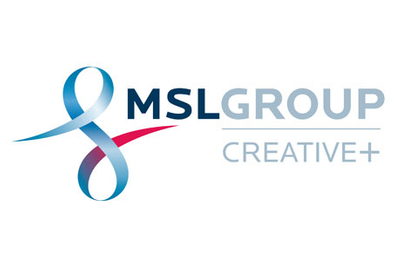
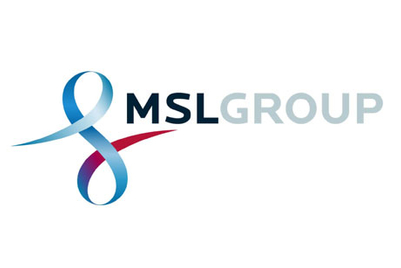
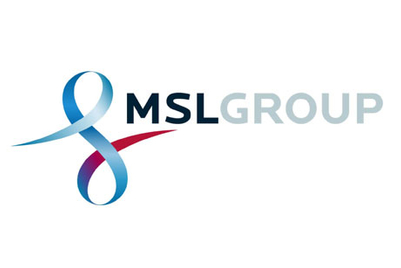
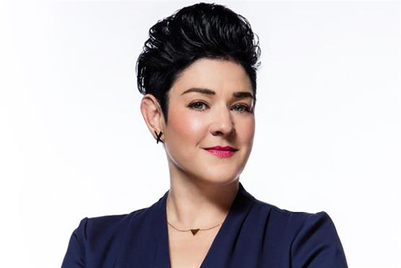
.jpg&h=268&w=401&q=100&v=20250320&c=1)

.jpg&h=268&w=401&q=100&v=20250320&c=1)

